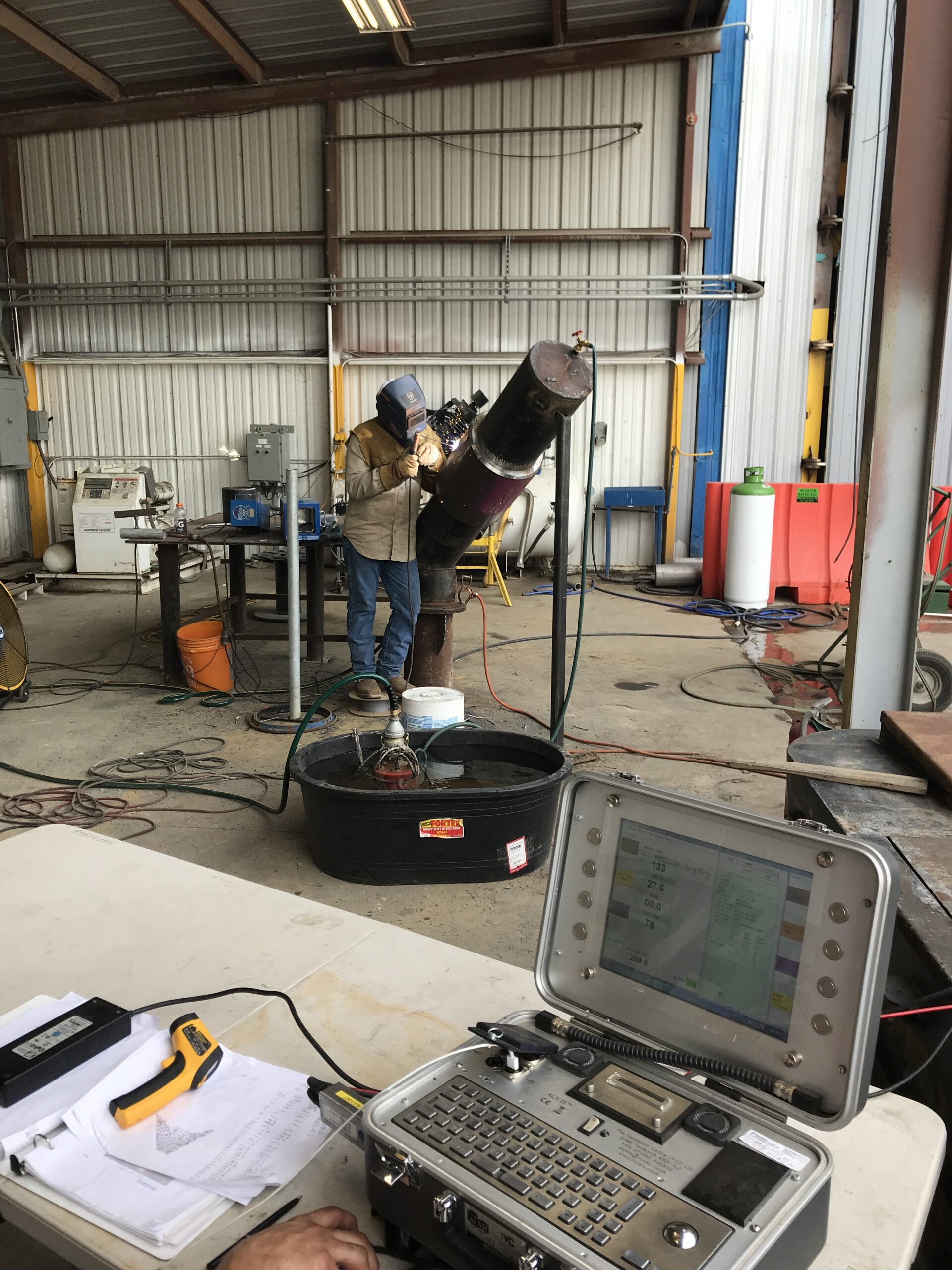Welding Engineering

Service Overview
Welding engineering focuses on the engineering, production, and application of welded joints. Welding engineers play a crucial role in various industries where welding is a fundamental process, including automotive, aerospace, construction, manufacturing, and shipbuilding.
Overall, welding engineers play a crucial role in various industries such as manufacturing, construction, automotive, aerospace, and shipbuilding, where welded components are integral to the production of a wide range of products and structures.
Welding Engineering Process
Developing new welding processes or improving existing ones to meet specific requirements such as strength, durability, and efficiency.
Identifying suitable materials for welding based on their properties and intended applications, considering factors such as weldability, strength, and corrosion resistance.
Developing WPS documents that outline the parameters for welding processes, including welding methods, materials, equipment, and safety precautions.
Implementing quality control measures to ensure that welded joints meet specified standards and regulatory requirements.
Assessing potential hazards associated with welding processes and implementing safety protocols to minimize risks to personnel and equipment.
Integrating automation and robotics into welding processes to improve productivity, precision, and repeatability.
Conducting research to explore new welding technologies, materials, and techniques, and applying findings to solve engineering challenges or improve existing processes.
Providing training and guidance to welders and other personnel involved in welding operations to ensure compliance with standards and best practices.
